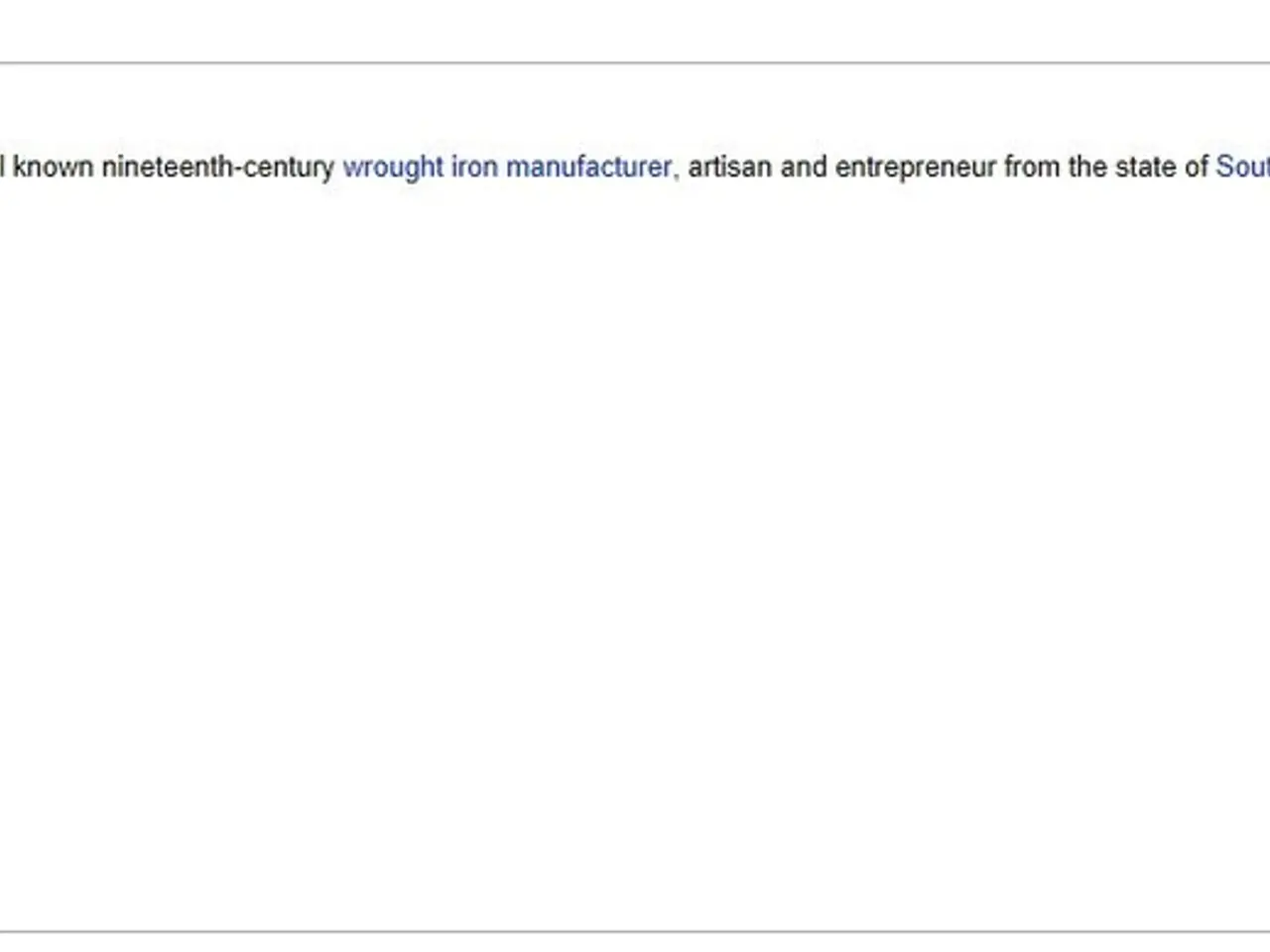Commemorating a Groundbreaking Figure: Dr. A.P.J. Abdul Kalam on His 10th Anniversary of Demise
=============================================================================================================================
Dr. A.P.J. Abdul Kalam, affectionately known as the "Missile Man of India" and the "People's President," left an indelible mark on India's scientific and strategic development. Born on October 15, 1931, in the small town of Rameswaram, Tamil Nadu, Kalam's life was a testament to the power of one individual to elevate an entire nation.
Kalam's major scientific contributions and achievements were primarily in India's space and defense sectors. He played a pivotal role in the development of the Integrated Guided Missile Development Programme (IGMDP), which led to the creation of the Agni and Prithvi missiles, essential components of India's strategic defense. In space technology, Kalam was the Project Director for India's first indigenous Satellite Launch Vehicle (SLV-III), which successfully deployed the Rohini satellite into near-earth orbit in 1980, making India a member of the space-faring nations club.
Regarding nuclear capabilities, Kalam was one of the chief coordinators of the 1998 Pokhran-II nuclear tests, which established India as a nuclear weapons state through the successful detonation of five nuclear devices at the Rajasthan test site.
Beyond his scientific achievements, Kalam was known for inspiring the youth and promoting technology-driven national development through initiatives like Technology Vision 2020. His contributions earned him the nickname "Missile Man of India" and contributed significantly to India’s self-reliance in strategic technologies.
Dr. Kalam's story is told as a model of how one individual can elevate an entire nation. His legacy lives on in every young scientist, teacher, and dreamer striving to make India proud. Kalam visited numerous schools and colleges across the country, encouraging scientific curiosity and moral integrity. His influence extended far beyond science and politics. His writing and speeches were always infused with optimism, a call to action, and a deep sense of national pride.
Ten years after his passing, Dr. Kalam is remembered with memorials, lectures, student competitions, and quiet moments of reflection. Schools and scientific awards continue to be inspired by Dr. Kalam's ideals. Tragically, Kalam's final moments were a reflection of his lifelong commitment to nurturing knowledge and igniting minds. He died on July 27, 2015, while delivering a lecture to students at the Indian Institute of Management (IIM) Shillong due to cardiac arrest.
In honour of his contributions, statues and scholarships bear his name. Dr. Kalam's birthday, October 15, is celebrated as "World Students' Day" in many schools. True greatness, according to Dr. Kalam's life, lies not in titles, but in the lives we touch and the dreams we ignite. Dr. Kalam was a prolific writer, with best-selling books like Wings of Fire, Ignited Minds, and India 2020.
| Domain | Key Contributions | Impact | |-------------------|---------------------------------------------------------------|------------------------------------------------| | Missile Development | Development of Agni and Prithvi missiles via IGMDP | Strengthened India’s strategic defense capability | | Space Program | Project Director of SLV-III; evolution of ISRO launch vehicles | Enabled India’s indigenous satellite launch capability | | Nuclear Program | Chief coordinator of 1998 Pokhran-II nuclear tests | Established India as a nuclear-armed nation | | Visionary Projects | Technology Vision 2020 initiative | Promoted tech-driven national economic growth |
Dr. Kalam’s scientific leadership was crucial in advancing India's indigenous capabilities in critical strategic technologies, earning him respect as a prominent scientist and national figure. His legacy continues to inspire generations of Indians, serving as a reminder that one person can indeed make a difference.
- Dr. A.P.J. Abdul Kalam's influence extended beyond science and politics, touching many aspects of society.
- Beyond his contributions to science and technology, Kalam was a prolific writer, authoring books like Wings of Fire and India 2020.
- Tragically, Kalam passed away while delivering a lecture, an unfortunate reminder of his lifelong commitment to education and knowledge.
- Schools and scientific awards continue to be inspired by Dr. Kalam's ideals, keeping his legacy alive.
- Dr. Kalam's birthday, October 15, is celebrated as "World Students' Day" in many schools, a testament to his impact on education.
- Kalam's story is told as a model of how one individual can elevate an entire nation, particularly in the realm of science and technology.
- Dr. Kalam's life was a testament to the power of one individual to bring about significant change in the world.
- Regarding education and self-development, Kalam's contributions were not limited to science, but extended to promoting a culture of learning and growth.
- Kalam's leadership was instrumental in India's entry into the space-faring nations club with the successful deployment of the Rohini satellite in 1980.
- Kalam was the Project Director for India's first indigenous Satellite Launch Vehicle (SLV-III), a crucial step in India's space program.
- In the realm of entrepreneurship, Dr. Kalam's visionary projects like Technology Vision 2020 promoted tech-driven national economic growth.
- Kalam's legacy is honored with memorials, lectures, student competitions, and scholarships, symbolizing his enduring impact.
- The Agni and Prithvi missiles, essential components of India's strategic defense, were developed under Kalam's guidance through the Integrated Guided Missile Development Programme (IGMDP).
- Kalam's influence extended even to the world of sports, with a spirit of competition and innovation that mirrored his approach to science and technology.
- Kalam visited numerous schools and colleges across the country, inspiring scientific curiosity and moral integrity in the youth.
- Kalam was one of the chief coordinators of the 1998 Pokhran-II nuclear tests, a significant event in India's nuclear history.
- Dr. Kalam's optimism, call to action, and deep sense of national pride were evident in his writing and speeches.
- Kalam's legacy serves as a reminder that one person can make a significant difference in the world, particularly in the realms of science and technology.
- Kalam's story is a reminder that the power of one individual can truly elevate an entire nation.
- In the world of entertainment, celebrities often accorded Kalam great respect, acknowledging his contributions to the nation.
- Policy and legislation regarding science, technology, and education were influenced by Dr. Kalam's forward-thinking approach.
- Dr. Kalam's optimism and call to action were a powerful force, inspiring generations of Indians to pursue careers in science and technology.
- Kalam's influence was not limited to the scientific community, but extended to the broader world of business and entrepreneurship.
- Kalam's contributions to science and technology earned him the nickname "Missile Man of India," a testament to his achievements.
- Kalam's vision for India's future was outlined in his book, India 2020, a roadmap for tech-driven national economic growth.
- In the realm of business and finance, Dr. Kalam's beliefs in innovation, entrepreneurship, and leadership resonated strongly.
- Kalam's life was a testament to the power of diversity and inclusion in fostering innovation and progress.
- Kalam's leadership was instrumental in establishing India as a nuclear-armed nation through the 1998 Pokhran-II nuclear tests.
- In the world of sports, Kalam's competitive spirit and belief in innovation were reflected in various disciplines such as football, basketball, tennis, and racing.
- Kalam's legacy lives on in every young scientist, teacher, and dreamer striving to make India proud, embodying his dream of a technologically advanced, economically powerful India.






